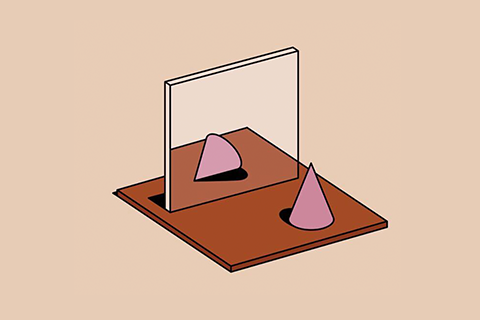Do Women Need To Choose Between Physical And Mental Health?
thinx archive
·5 min read

by Kelsey Duchesne | 10/05/2016
On September 28th, the University of Copenhagen released a study declaring a link between hormonal birth control and depression. The in-depth study collected data of around 1 million women between the ages of 15-34 over the course of 19 years, and reported that women who used the combined oral contraceptives were 23% more likely to be diagnosed with depression than women who were not, with teenages between the ages of 15 and 19 were 80% more likely. Teenagers who used progestin-only form of contraception (containing one hormone isteadof two) are twice as likely. These percentages were determined when a woman in the study was either diagnosed with depression by a medical professional, or began taking anti-depressants.
The numbers released by the study are dramatic, and causes us to wonder if young women will need to start choosing between their physical and mental health. Kaiser Health News quotes Seattle pediatrician Dr. Cora Breuner, who claims that “An unintended and unwanted pregnancy far outweighs all the other side effects that could occur from a contraceptive.” And while Dr. Bruner's comment may be true for some, isn't it inherently subjective? What about teenagers and adult women with a history of mental illness, specifically depression, in their family, or have battled it before? For some women, the use of hormonal birth control may not be worth a mental health battle that could affect their day to day lives.
There are contraceptive options that are not hormonal, such as condoms, a diaphragm, the copper IUD (and yes, even a sponge!). However, hormonal contraceptives can eliminate painful periods and heavy bleeding, which can be an invaluable benefit to the 10% of women who suffer from endometriosis.
In a world where we are still fighting for better sexual health education, reproductive rights, and more research and funding to create better contraceptive options, this study is a blaring reminder that women’s health is chock-full of limiting choices. No one should have to choose between their mental health and safe sex. Holly Grigg-Spall not only touches upon these limitations in her eloquent article in The Guardian, but the underlying sexist nature of birth control options. "Considering that women are fertile just six days per menstrual cycle and men are fertile every single day, that the burden of avoiding unwanted pregnancy falls to us, regardless of the burden that might have on our health and wellbeing, is nothing short of sexism," she wrote.
This study continues to be questioned and examined, because while it is extensive and convincing, it hasn’t technically been entirely proven, as other unobserved factors could have affected the study. Vice President for Clinical Quality at the Faculty for Sexual & Reproductive Healthcare in London, Diana Mansour, told Metro UK, “With having a million women, there are 101 things that are variable here, There’s other things going on in their life like relationships, relationships breaking down and especially with adolescents — just being in a sexual relationship."
Regardless of the counter arguments, we hope this study will prompt further research and discussion. The sacrifice women experience, whether it be financial, mental, or physical, cannot be ignored. As women, we are constantly fighting on behalf of our bodies. With this 19 year long study at our fingertips, we will demand more.
by Kelsey Duchesne


